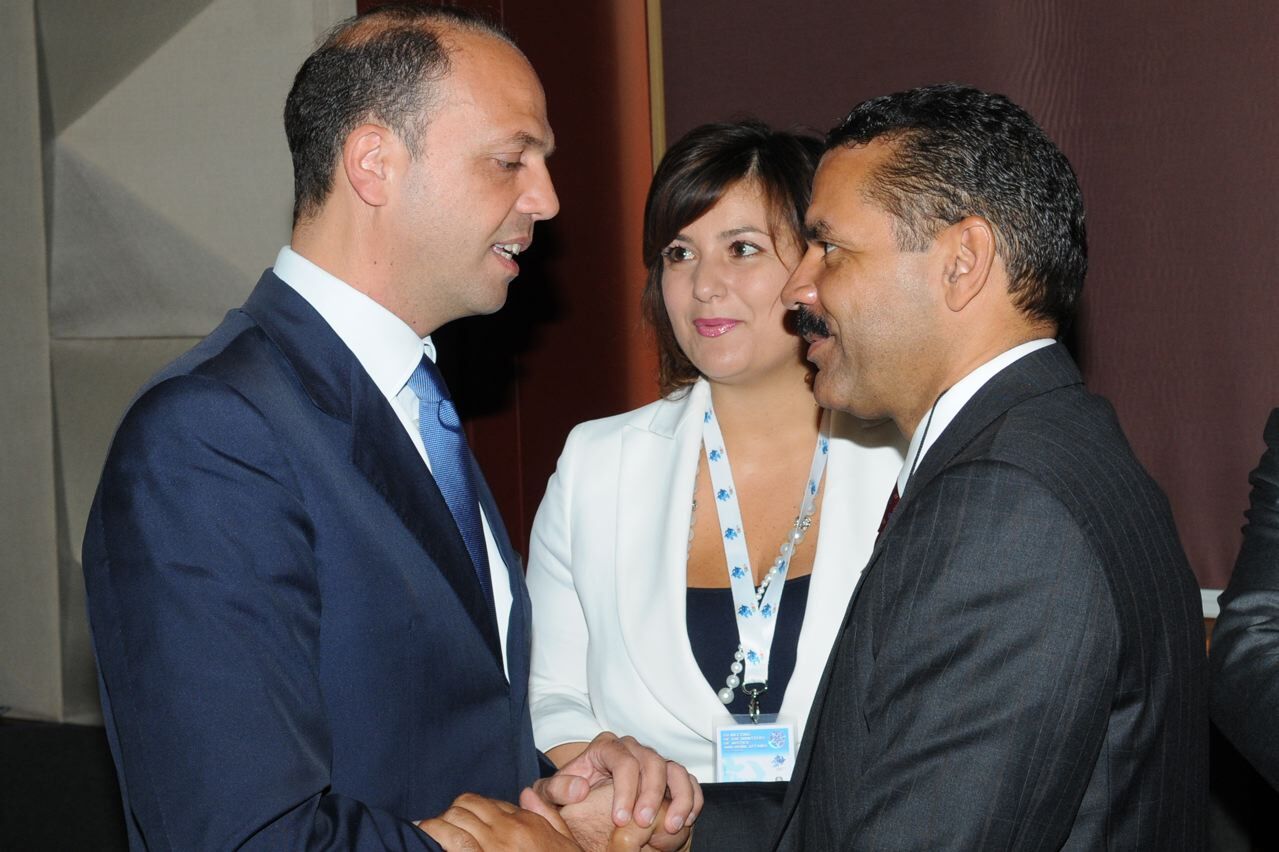Spring signals the start of a busy season of European Work Council (EWC) meetings. I’ve been interpreting for EWCs since 2011, working with more than 250 different companies, many of which have become long-term clients.
If you’ve never heard of EWCs, they are forums where the management of large companies can inform their employees of their plans and consult them on decisions affecting their employment.
Under European law, companies with more than 1,000 employees in the European Economic Area must establish an EWC if their workers request it.
When those discussions concern redundancies or other major changes, they sometimes become heated. Occasionally, I must find a polite way to convey a string of Italian expletives!
The ideal outcome is when both parties reach a compromise, but this involves hours of intense negotiation. Over the years, I’ve noticed successful negotiators often exhibit two key behaviours:
- Staying calm – This might seem obvious, but when participants maintain a composed demeanour, it puts everyone at ease and helps prevent disagreements from escalating. This also applies to my role as an interpreter. I must convey the speaker’s emotion while remaining emotionally detached. When I feel the tension rising, returning my attention to my breath for a moment helps me stay focused.
- Being culturally agile—EWCs can involve employees from ten or more countries with distinctive communication styles. Some nationalities are very direct, while others are very animated and expressive. Understanding those cultural nuances can help ensure the conversation gets off on the right foot and allows you to tailor your approach to the negotiation.
